Sports & Exercise Science
|
Quote |
|
“We are always striving for improvement, for those 1% gains, in absolutely everything we do” - Sir Dave Brailsford. |
|
Powerful Knowledge |
|
The Pearson BTEC Level 3 National Diploma in Sport and Exercise Science is intended to be an Applied General qualification for post-16 learners who want to continue their education through applied learning and who aim to progress to higher education, and ultimately to employment, probably in the sport sector. The qualification is equivalent in size to one A Level and has been designed as a one-year, full-time study programme, or a full two-year programme when studied alongside further Level 3 qualifications. Learners wishing to take this BTEC will have successfully completed a Level 2 programme of learning with GCSEs or vocational qualifications.
How does the qualification provide employability skills? In the BTEC National units, there are opportunities during the teaching and learning phase to give learners practice in developing employability skills. Where employability skills are referred to in this specification, we are generally referring to skills in the following three main categories: • cognitive and problem-solving skills: using critical thinking, approaching non-routine problems applying expert and creative solutions, using systems and technology. • interpersonal skills: communicating, working collaboratively, negotiating and influencing, self-presentation. • intrapersonal skills: self-management, adaptability and resilience, self-monitoring and development. There are also specific requirements in some units for assessment of these skills where relevant, for example, where learners are required to undertake real or simulated activities and recorded presentation of work.
How does the qualification provide transferable knowledge and skills for higher education? All BTEC Nationals provide transferable knowledge and skills that prepare learners for progression to university. The transferable skills that universities value include: • the ability to learn independently. • the ability to research actively and methodically. • the ability to give presentations and be active group members. BTEC learners can also benefit from opportunities for deep learning where they are able to make connections among units and select areas of interest for detailed study.
BTEC Nationals provide a vocational context in which learners can develop the knowledge and skills required for particular degree courses, including: • reading technical texts • effective writing • analytical skills • creative development • preparation for assessment methods used in degrees. |
|
Literacy |
|
Opportunities to develop literacy in Sport and Exercise Science:
|
|
School Context |
|
|
Assessment (Course that we offer) |
|
BTEC Level 3: Sport and Exercise Science (Equivalent 2 A-Levels) Units covered: Unit 1: Sport and Exercise Physiology (Written external examination) Unit 2: Functional Anatomy (Written external examination) Unit 3: Applied sport and exercise psychology (Written external examination) Unit 4: Field and Laboratory-based fitness assessments (Coursework portfolio) Unit 5: Applied Research methods in sport and exercise science (Coursework portfolio) Unit 6: Coaching for performance and fitness (Coursework portfolio) Unit 9: Research Project in Sport and Exercise Science (Coursework portfolio) Unit 10: Physical activity for individual and group based exercise (Coursework portfolio) |
|
Careers |
|
Sports and Exercise Science Sports Therapy Physiotherapy Sports Coaching Physical Education Teacher Sport Physiology Exercise Therapy |






